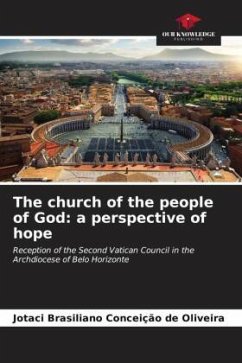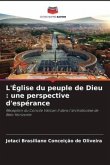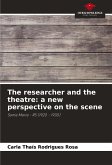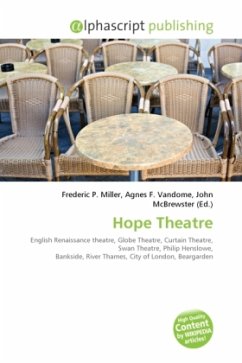This book is dedicated to the study of the First Assembly of the People of God (1990-1996) of the Archdiocese of Belo Horizonte, taking into account the historical panorama of the Second Vatican Council (1962-1965), with a focus on the reception and application of the conciliar proposals in pastoral planning. The Assembly proved to be an instrument for pastoral action through proposals for a missionary, participatory and merciful Church, the fruit of the Building Hope Pastoral Project. Thus, through its organisation, the Church forms small dynamic communities in which faith and life are shared. Finally, the Particular Church of Belo Horizonte presents itself in the social context, with a public presence, in a network of communities, cultivating spirituality and supporting the laity in their mission, inspired and guided by the ideas and spirit of the Second Vatican Council.
Bitte wählen Sie Ihr Anliegen aus.
Rechnungen
Retourenschein anfordern
Bestellstatus
Storno








